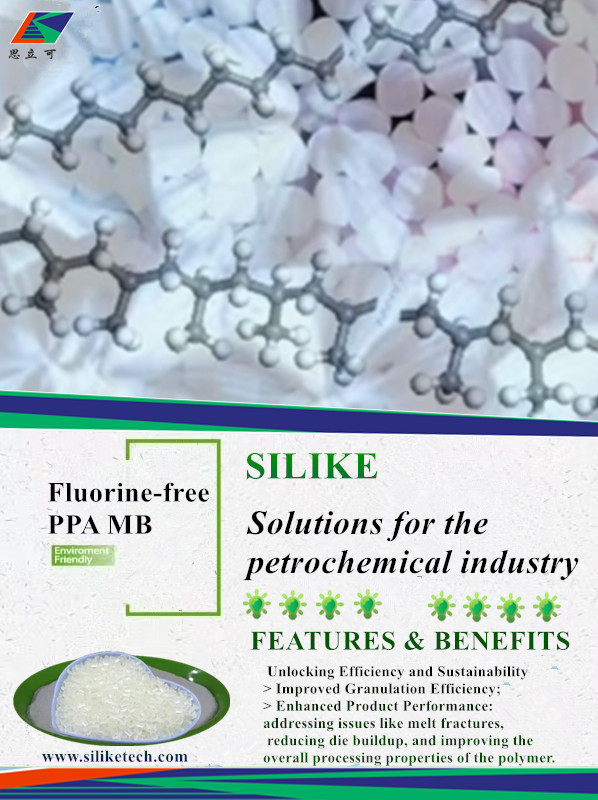Petrochemical plants play a crucial role in the production of a wide range of materials that impact various industries, and one of the key products they manufacture is polymers. Polymers are large molecules composed of repeating structural units known as monomers.
Step-by-Step Guide to Polymer Manufacturing in Petrochemical
1. Raw Material Preparation:
The production of polymers begins with the extraction and refinement of raw materials derived from the petrochemical industry. Common feedstocks include ethylene, propylene, and other hydrocarbons obtained from crude oil or natural gas. These raw materials undergo extensive processing to ensure their purity and suitability for polymerization.
2. Polymerization:
Polymerization is the core process in the production of polymers. It involves the chemical reaction of monomers to form long chains or networks, creating the polymer structure. There are two primary methods of polymerization: addition polymerization and condensation polymerization.
3. Addition Polymerization:
In this process, monomers with unsaturated double bonds, such as ethylene or propylene, undergo chain reactions to form polymers.
A catalyst, typically a transition metal compound, facilitates the reaction and controls the polymer’s molecular weight.
4. Condensation Polymerization:
Monomers with different functional groups react, releasing a small molecule (such as water) as a byproduct.
This process is used for producing polymers like polyesters and nylons.
5. Separation and Purification:
After polymerization, the mixture contains the desired polymer along with unreacted monomers, catalyst residues, and byproducts. Separation and purification steps, such as distillation, precipitation, and filtration, are employed to isolate and purify the polymer.
6. Additives and Modifications:
Polymers often undergo further processing to enhance their properties. Petrochemical plants may incorporate various additives, such as stabilizers, plasticizers, and colorants, to modify the polymer’s characteristics, improve stability, and meet specific application requirements.
7. Shaping and Forming:
Once the polymer is purified and modified, it undergoes shaping processes to achieve the desired product forms. Common shaping methods include extrusion, injection molding, and blow molding. These processes allow for the creation of a wide range of polymer products, from plastic containers to fibers and films.
Advancing Petrochemical Processes: The Role of Polymer Processing Additives
In the ever-evolving landscape of petrochemical technology, where demands for plastic products are surging, large petrochemical plants are adopting innovative strategies to meet the escalating requirements. One such pivotal advancement involves the incorporation of Polymer Processing Additives (PPA) into the polymer powder granulation process. This strategic integration aims to improve granulation efficiency and elevate the performance of the final material, addressing the growing need for high-quality plastic products across various industries.
The use of 3M PFAS Polymer Process Additive (PPA), KYNAR® PPA polyolefin processing aids have been a common practice in the Petroleum and Chemical industry
However, due to the potential health and environmental risks associated with PFAS. Furthermore, petrochemical plants increasingly adopt environmentally conscious practices in polymer production, striving to reduce waste, energy consumption, and emissions. The landscape of polymer processing is undergoing a transformative shift.
Green Chemistry, Breaking Free from Fluorine PPA
A notable player in this evolution is the emergence of Fluorine-Free Polymer Processing Additives (PPAs), as PPA Alternatives under PFAS Regulation, heralding a new era where performance excellence goes hand in hand with eco-friendly practices.
SILIKE TECH emerges as an Innovative force with an alternative strategy. Beyond traditional silicone and PPA additives, the company has introduced a PFAS-Free Polymer Processing Aid (PPA), Exemplified by SILIMER 5090, This Fluorine-free PPA MB (Fluorine-Free Polymer Processing Additives) stands out as a catalyst for change.
This eliminating fluorine solution not only exemplifies optimal efficiency and performance but also supports a more sustainable and eco-friendly approach to polymer processing.
As industries worldwide seek sustainable practices, SILIMER 5090 proves to be an effective solution, particularly in wire and cable, pipe, and blown film extrusion.
This Fluorine-Free PPA acts as a linchpin in reducing friction, addressing melt fractures, and streamlining the overall processing experience.
In addition, Fluorine-free PPA MB SILIMER 5090 Polymer Processing Additives find application across various petrochemical processes, including but not limited to:
1. Polymer powder granulation process in petrochemical plants: Fluorine-free PPA MB SILIMER 5090 enhances granulation efficiency and contributes to the performance of the final material.”
2. Extrusion Processes: Fluorine-free PPA MB SILIMER 5090 enhances flow properties, reduces die buildup, and improves overall extrusion efficiency.
3. Molding Operations: Fluorine-free PPA MB SILIMER 5090 contributes to improved mold release, minimizing defects and ensuring the production of high-quality molded products.
4. Film and Sheet Production: Fluorine-free PPA MB SILIMER 5090 aids in achieving uniform thickness and surface quality in the production of polymer films and sheets.
For those seeking to eliminate fluorine-based additives and transition to a more sustainable future, SILIKE TECH invites collaboration. Interested parties can reach out to Chengdu Silike Technology Co., LTD via email at amy.wang@silike.cn or explore detailed information on their offerings at www.siliketech.com.
Post time: Nov-22-2023






